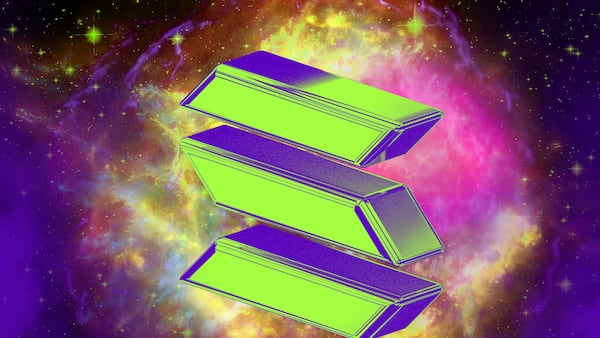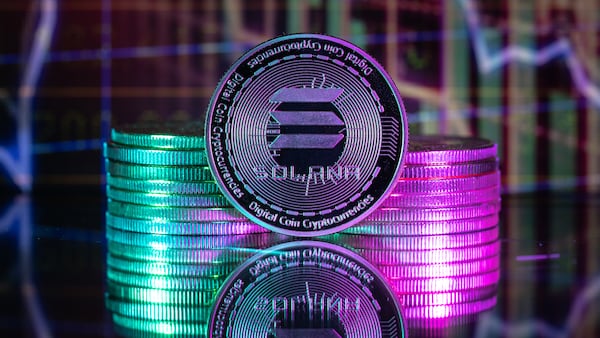- Solend, marginfi, and Kamino offer annual yields of 39%, 35%, and 24% on USDC deposits, respectively.
- Utilisation rates on USDC pools are relatively high, likely because of the demand for leverage and points farming.
As traders on Solana capitalise on its dramatic price increase or the meteoric rise in memecoin trading, other users are quietly earning double-digit yields from some of the blockchain’s top lending platforms.
Solend, marginfi, and Kamino offer users an annual percentage yield on USDC deposits of 39%, 35%, and 24%, respectively.
USDC is a stablecoin pegged to the US dollar. It is fully backed by US dollar and dollar-denominated assets.
Lending protocols let users deposit assets in a liquidity pool for other users to borrow. Borrowers pay depositors a fee, which fluctuates depending on the utilisation rate. The rate is determined by how much of the assets deposited in a liquidity pool is borrowed.
If 100 USDC is deposited and 90 USDC is borrowed, the utilisation rate — and ultimately the borrow rate — will be higher than if that same pool had 100 USDC deposited and 10 USDC borrowed.
The utilisation rate for the USDC market on marginfi is now 86%, which is relatively high, resulting in the 35% yield it offers.
Generally, lending protocols experience rising rates when demand for leverage increases. If a user wants to leverage their assets, they can take their assets like SOL, deposit them on a lending protocol and borrow an asset like a stablecoin against it.
This allows the trader to maintain exposure to the deposited asset, in this case, SOL, while borrowing a stablecoin to then use elsewhere.
Meanwhile, marginfi and Kamino are also running point campaigns.
Points are given out by protocols to incentivize users to interact with their protocol and usually convert to a token at a later date.
In the case of marginfi and Kamino, points are given to users based on the dollar value of their deposits and borrows they generate per day.
The demand for leverage and points continues to have a dramatic impact on the yields offered by these protocols.
Got a tip about DeFi? Reach out at ryan@dlnews.com.









